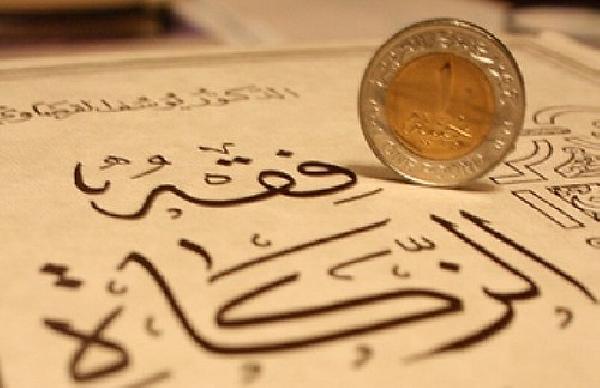Zakat – Islamic Law

The following ruling was taken from Ayatollah Ali Sistani Islamic law database and remains in strict accordance with Islam legal code of practice.
It is obligatory to pay Zakat on the following things:
Wheat
Barley
Dates
Raisins
Gold
Silver
Camel
Cow
Sheep (including goat)
As an obligatory precaution, upon the wealth in business
And if a person is the owner of any of these ten things he should, in accordance with the conditions which will be mentioned later, put their fixed quantity to one of the uses as prescribed.
On the basis of obligatory precaution, Zakat should be paid on Sult, which is a soft, grain like wheat with the property of barley and on ‘alas, which is like wheat, and is the food of the people of San’a (Yemen).
Payment of Zakat becomes obligatory only when the property reaches the prescribed taxable limit, and if the owner of the property is a free person.
If a person remains the owner of cow, sheep, camel, gold and silver for 11 months, the payment of Zakat becomes obligatory for him from the first of the 11th month; but he should calculate the beginning of the new year after the end of the 12th month.
The liability of Zakat on gold, silver and merchandise is conditional to its owner being sane and Baligh. But in the case of wheat, barley, raisins, camel, cow and sheep, being sane and Baligh is not a prerequisite.
Payment of Zakat on wheat and barley becomes obligatory when they are recognised as wheat and barley. And Zakat on raisins becomes obligatory when they call them grapes. And Zakat on dates becomes obligatory when Arabs call it Tamar. However, the time for determining the taxable limit, and payment of Zakat on wheat and barley is when they are threshed, and grains are separated from chaff; and the time for payment of Zakat on raisins and dates is when they are plucked. This is also known as the time of drying up.
For establishing the liability of Zakat on items like wheat, barley, raisins and dates, it is not a prerequisite that they should be in the control of their owner, so that he can dispose it or have a discretion over it. If the owner is absent, and the goods are neither in his control nor in that of his agent , like, when it has been usurped, even than the liability of Zakat remains.
For establishing the liability of Zakat on items like gold, silver and merchandise, it is necessary that their owner is sane. If the owner remained insane throughout a year, or part of it, Zakat will not be obligatory upon him.
If the owner of cow, sheep, camel, gold and silver remains intoxicated or unconscious during a part of the year, he is not excused from payment of Zakat, and the position is the same if at the time of Zakat becoming Wajib on wheat, barley, palm-dates and raisins, he is intoxicated or unconscious.
For establishing liability of Zakat on items other than wheat, barley, raisins and dates, it is necessary that the owner has a discretion over their disposal etc. And if he is prevented from that control because of usurpation, Zakat will not be wajib.
If a person borrows gold, silver or any other thing on which it is obligatory to pay Zakat, and it remains with him for a year, he should pay Zakat on it, and the lender has to pay nothing.
